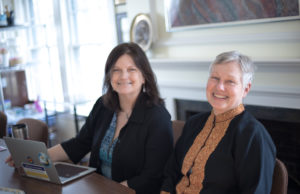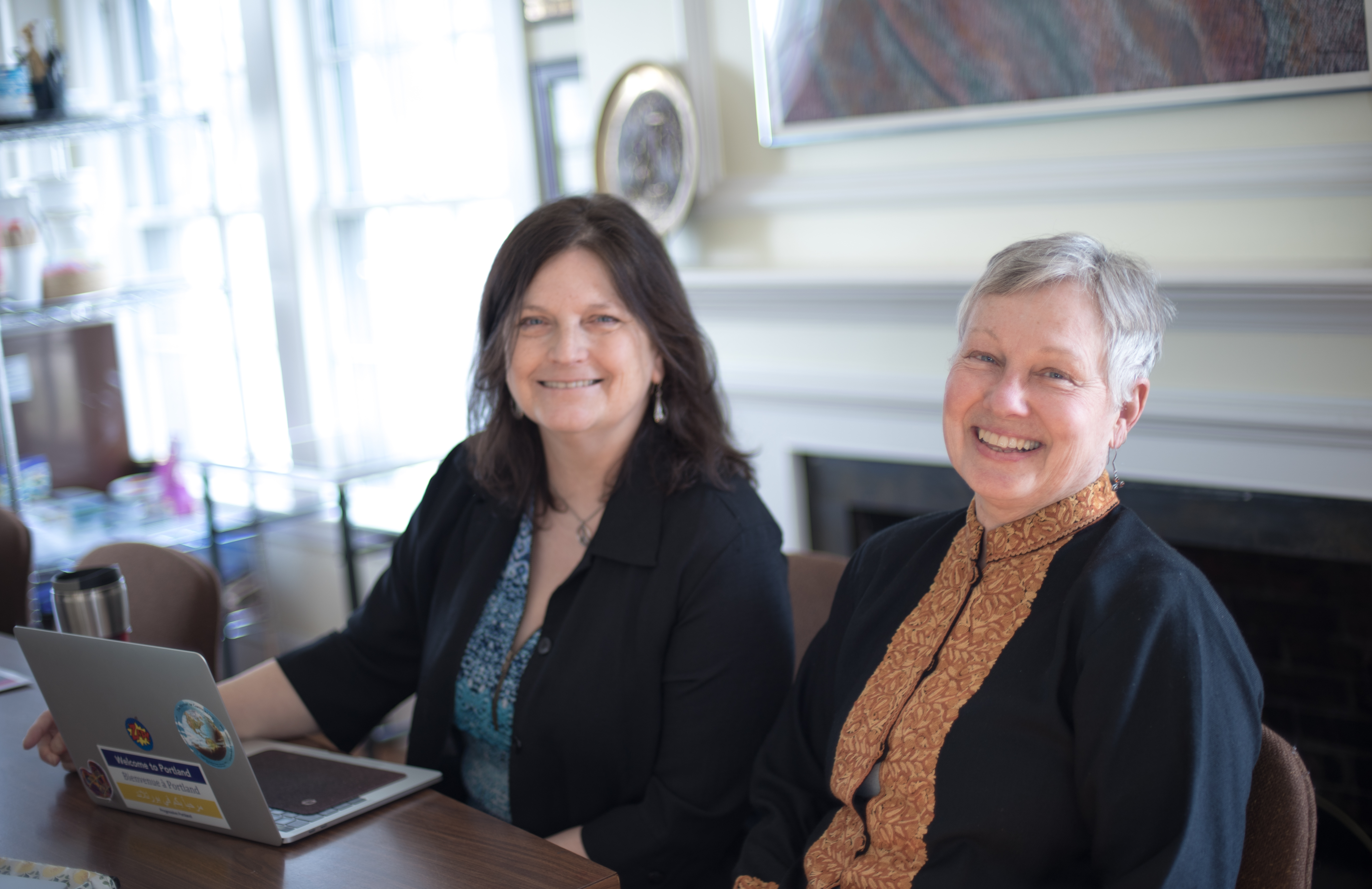By Sam Margolin, Staff Writer
Four USM professors worked together to bring a Social Justice minor to USM. It was just recently approved and will be available for students in the fall. The new program will be housed within the Geography-Anthropology Department. The four professors who created and organized the minor are: Lorrayne Carroll, Associate Professor of English and Women and Gender Studies; Lydia Savage, Chairperson of the Geography-Anthropology Department; Susan Feiner, Professor of Economics and Women and Gender Studies; and Julie Ziffer, Associate Professor of Physics. They are all part of the faculty organization effort as well as the development of the degree requirements. Together they have created a interdisciplinary minor program that draws knowledge from a seemingly endless number of possible disciplines and subjects.

The new minor program is available to any undergraduate student and is built on a foundation of many different subject matters such as Women and Gender Studies, Sociology and Economics. Students are able to choose courses from many different major programs. By allowing classes from different subjects, the options for learning are less limited and can provide students with a wider view of the social justice field of study. The further development of the minor includes the search for more faculty who are willing to offer their courses within it. Many courses at USM have the ability to relate to a social justice issue and allow students to make connections across different departments.
“We have a tremendous amount of work to do as far as reaching out to faculty from other programs,” Savage said. “There are so many more courses that we could use and offer but we don’t want to include them without asking the faculty’s permission.” The faculty outreach that is taking place currently at USM will help expand and promote the minor.
Along with the wider range of subject matter offered, two of the faculty organizers, Ziffer and Feiner, were awarded a three-year education grant through the National Education Association to organize and offer a series of social justice courses. This opportunity for students allows them to take short half or one-credit courses that are called “pop-ups.”
“We have had pop-ups around events that were not even organized by USM. They dovetail with social justice criteria,” Carroll said. “For example, the first pop-up we had this fall was a day at the Women’s Economic Summit held at the statehouse.”
The pop-ups do not run full semesters and usually include attending a social justice event. For example, David Everson, an Assistant Professor of Sociology at USM, created a pop-up class around the Maine-Wabanaki REACH organization, a Native American advocacy group. REACH stands for reconciliation, engagement, advocacy, change and healing. The students attended three events, met once to discuss a final paper, and received one full credit for their work. These classes are pass/fail and tuition free, meaning that students can take them without paying anything. The grant also compensates the faculty member who is teaching.
According to the USM website, the minor focuses on providing students with both the theoretical and the applicable tools that social justice requires. This means that students will learn not only how to become informed and active citizens of the world but will also know the history of diverse human experience that has lead the human race to its present social position. Exploitation, injustice, domination and resistance and access will all be subjects that help explain social justice as a field of both research and praxis.
If students have an interest in social constructs, economic access and opportunity and social and cultural production, the new social justice minor can help students expand knowledge and learn to become and active participant in the social constructs of the world. Carroll described how important it is for students not only to engage in, “not just critical study, but ethical study.”
Other colleges and universities across the country are beginning to see the value and relevance of social justice education. USM’s minor program was built using models such as Merrimack College’s Social Justice program that began in 2013. According to their website, students at Merrimack are not only engaged in the classroom but also are required to intern with a community-based or nongovernmental organization, as well as participate in Social Justice Week. By connecting with the community and becoming active in local, state and national social issues, students develop a more integrated learning style and become active in more ways.
The faculty organizers outlined the importance that support and connection has to do with the social justice field of study. By engaging in community efforts and trying to better the lives of others, students sometimes neglect to take care of themselves. Maintaining a certain level of care and concern for yourself while engaging in the betterment of society can be exhausting and dangerous.
“How we navigate the individual, personal and political and maintaining a certain level of care for yourself when you’re doing this kind of work is also an important part of teaching social justice,” Carroll said.

